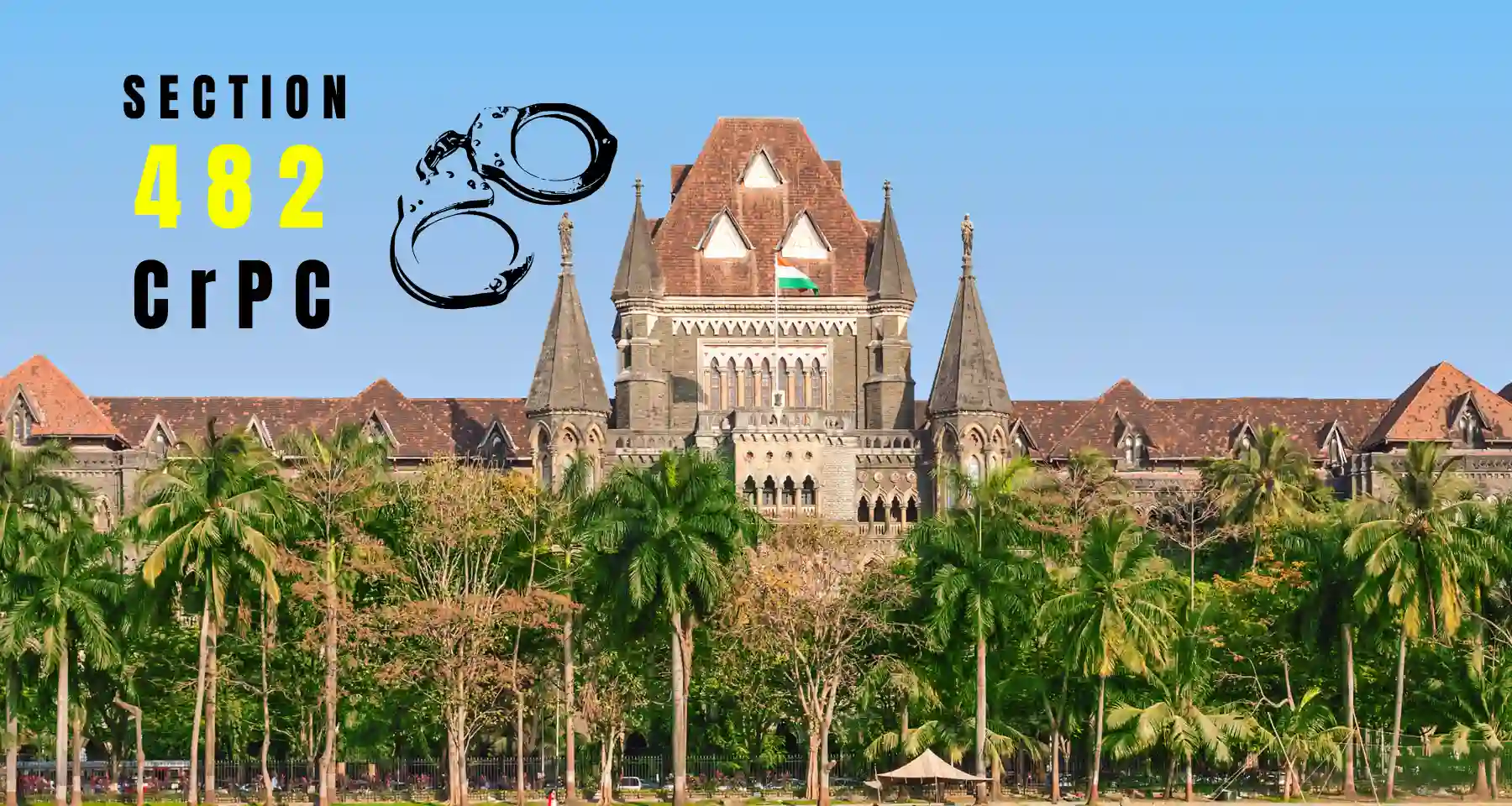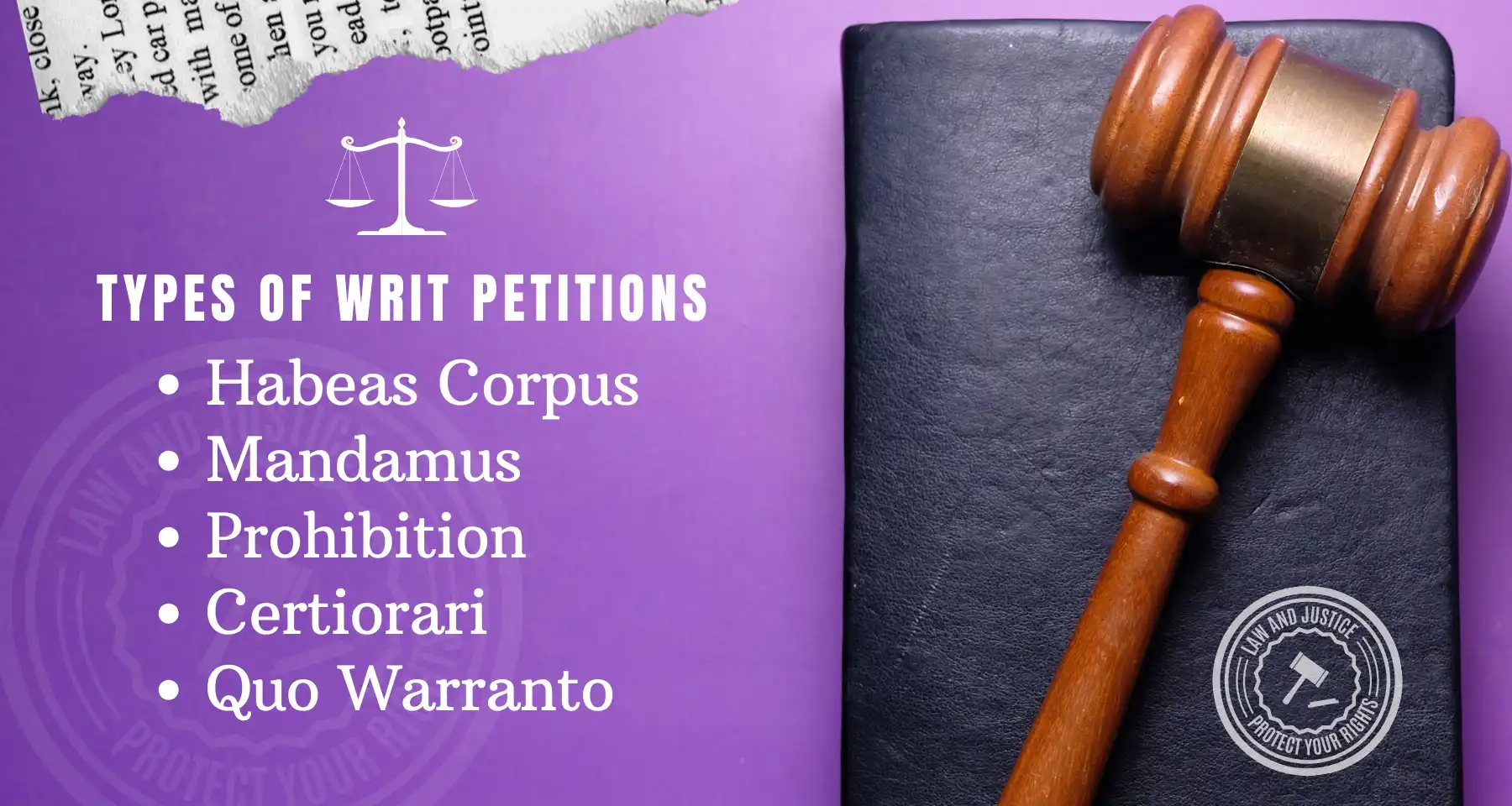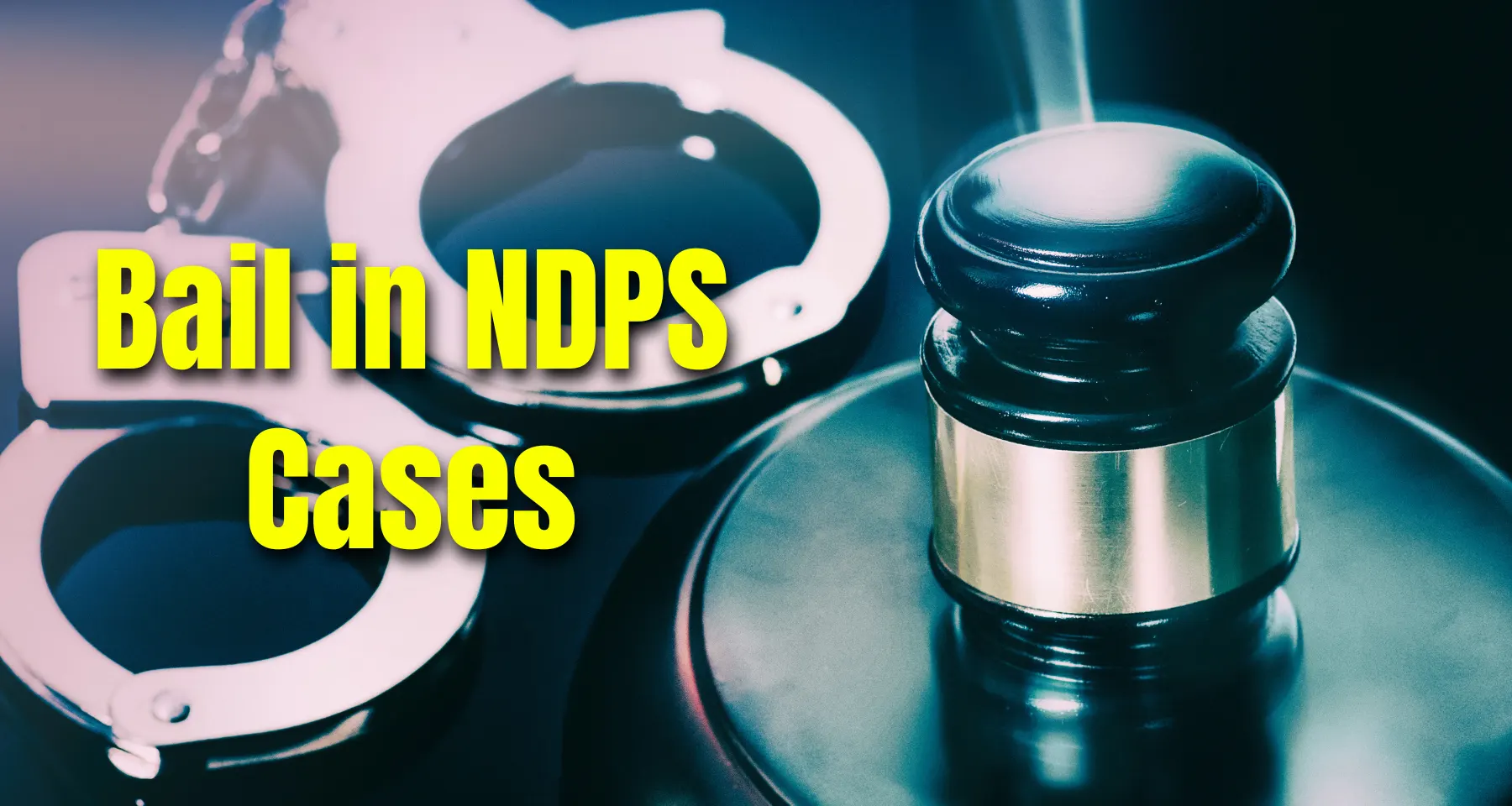Equality As Per the Constitution and Law in India
Certiorari is a legal remedy and writ that holds significant importance in administrative law, providing a means for superior courts to review and quash the decisions, orders, or judgments of lower courts, tribunals, or quasi-judicial authorities. The term "certiorari" is derived from Latin, meaning "to be certified" or "to be informed." The writ of certiorari is sought when there is a belief that the lower authority has acted beyond its jurisdiction, committed errors of law, or violated the principles of natural justice.
... Continue reading










